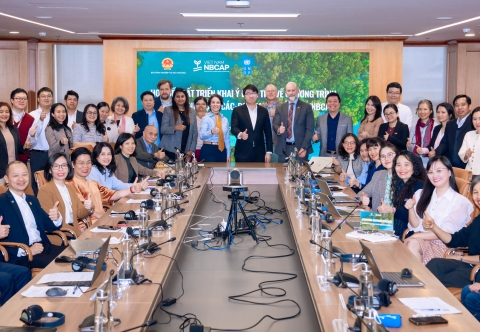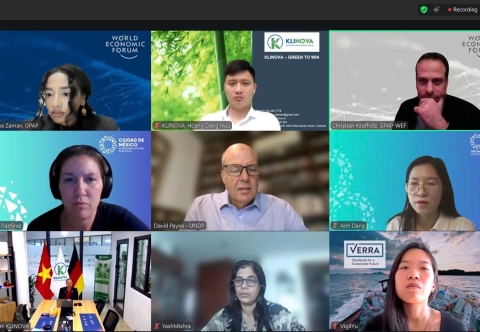Ms. Trinh Thi Huong, Deputy Director General of the Agency for Enterprise Development and Collective Economy (AEPD), noted: “Many SMEs still regard green transition and ESG as rather new or even ‘luxury’ concepts, applicable only to large enterprises, listed companies, or exporters. They do not yet see the tangible or long-term benefits of adopting ESG.”

Indeed, the fact that many small and medium-sized enterprises (SMEs) consider ESG and the green transition a “luxury” reflects two core issues: limited awareness and a lack of short-term incentives. SMEs often prioritize survival and short-term profit maximization, making it difficult to recognize the immediate value of investing in green technologies, reforming governance practices, or engaging in sustainability initiatives. Meanwhile, implementation costs are highly visible, from upfront capital expenditures to the burden of complying with new standards. This fosters a cautious mindset, causing many businesses to delay change until market conditions or legal frameworks force them to adapt.
However, experts in green economy argue that the green transition and circular economy will soon become mandatory market norms over the next decade. As Vietnam pilots its carbon market, enforces extended producer responsibility (EPR), and gradually incorporates circular economy standards into domestic legislation, first movers will benefit from significant compliance cost savings, improved access to green finance, and expanded opportunities in global supply chains. In other words, instead of viewing ESG as a “luxury,” SMEs should treat it as a long-term development strategy essential for maintaining competitiveness in the context of global integration and Vietnam’s Net Zero 2050 commitment.
- Huu Hoang -
 Meeting to propose the implementation of the Letter of Intent for the National Green Carbon Action Partnership Program (NBCAP)
Meeting to propose the implementation of the Letter of Intent for the National Green Carbon Action Partnership Program (NBCAP)
 Online Workshop on the Financing Roadmap for Plastic Action to 2030: Mobilizing USD 8.5 Billion for Viet Nam’s Circular Economy
Online Workshop on the Financing Roadmap for Plastic Action to 2030: Mobilizing USD 8.5 Billion for Viet Nam’s Circular Economy